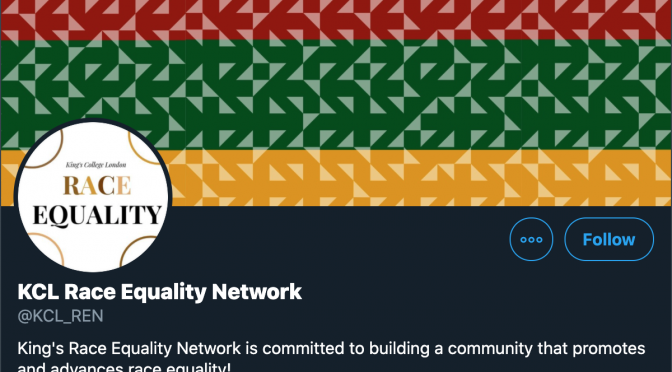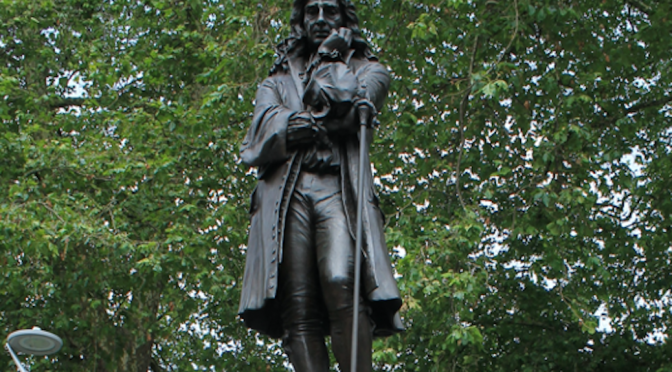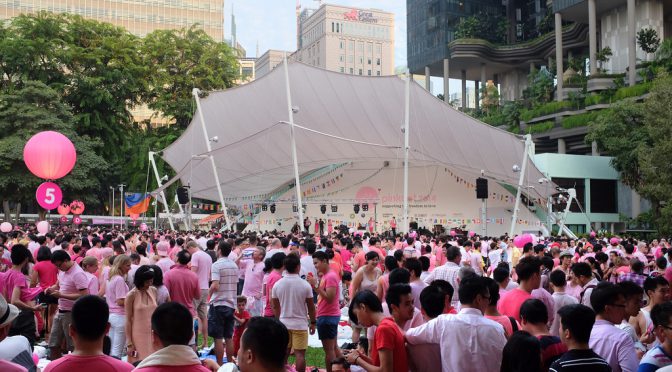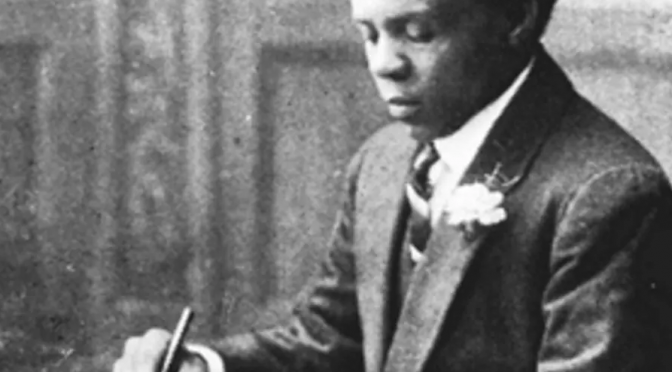by Gordon McMullan, Professor of English at King’s College London and Director of the London Shakespeare Centre
A little over a century ago, King’s English professor Israel (later Sir Israel) Gollancz –medievalist, Shakespearean and founding member of the British Academy – published a substantive commemorative volume to mark the Shakespeare Tercentenary of 1916. Grandly titled A Book of Homage to Shakespeare, it contains a hundred and sixty-six contributions – poems, essays, encomia – reflecting the pre-eminence of Shakespeare’s works in global culture: a poem by Thomas Hardy, a eulogy by John Galsworthy, a humorous ‘vision’ by Rudyard Kipling, a poem by a former New Zealand High Commissioner entitled ‘The Dream Imperial’, along with enthusiastic pieces by Shakespeare scholars and politicians from across the world.





